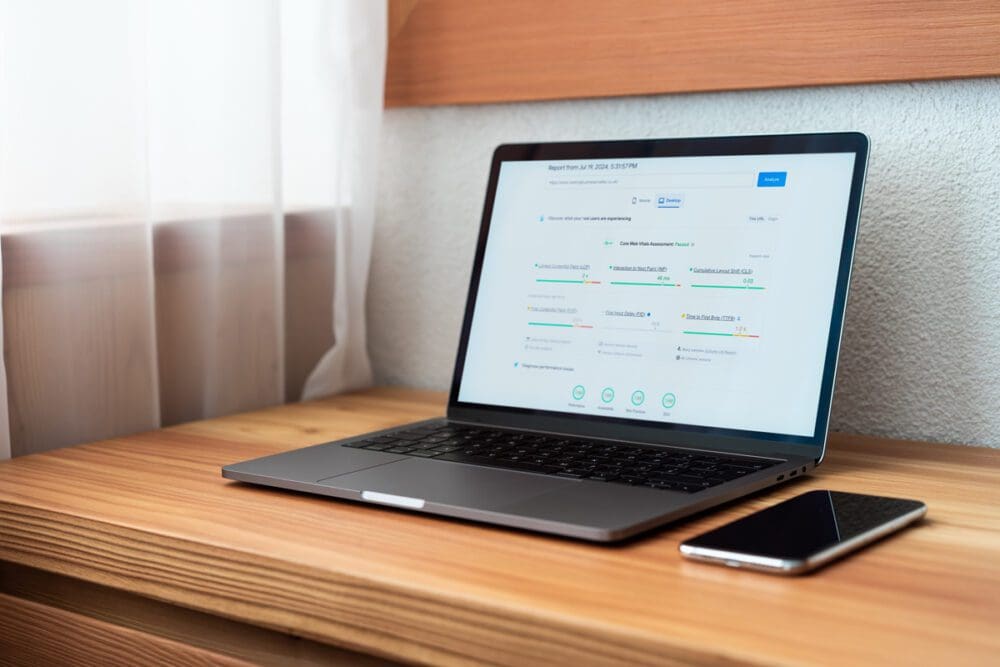High traffic events, such as Black Friday, Cyber Monday, and major product launches, can put significant stress on your website. Ensuring your site performs optimally during these periods is crucial for maintaining a positive user experience and capitalising on increased traffic. Here are some strategies to help you optimise your website performance during high traffic events:
1. Conduct Load Testing
Load testing is essential to understand how your website will perform under heavy traffic. Use tools like Apache JMeter, LoadRunner, or Locust to simulate high traffic and identify potential bottlenecks. This allows you to address performance issues before they impact your users.
2. Optimise Server Performance
Ensure your server can handle increased traffic by optimising its performance. This can include upgrading your hosting plan, using a Content Delivery Network (CDN) to distribute load, and implementing caching strategies to reduce server strain.
3. Implement Caching Strategies
Caching can significantly improve website performance by storing frequently accessed data in temporary storage. Use browser caching, server-side caching, and CDN caching to reduce load times and server requests during high traffic events.
4. Optimise Images and Media
Large images and media files can slow down your website. Optimise these assets by compressing images, using responsive images, and leveraging modern formats like WebP. Additionally, lazy loading can defer loading images until they are needed, improving initial load times.
5. Monitor Performance in Real-Time
Use real-time monitoring tools to track your website’s performance during high traffic events. Tools like New Relic, Pingdom, and Google Analytics can provide real-time insights into your site’s load times, server response, and user experience, allowing you to address issues promptly.
6. Optimise Database Queries
Database performance can impact your website’s speed during high traffic periods. Optimise your database by indexing frequently accessed data, using efficient queries, and regularly cleaning up unnecessary data to improve performance.
7. Prepare a Contingency Plan
Even with thorough preparation, unexpected issues can arise during high traffic events. Develop a contingency plan that includes backup servers, scalable resources, and a dedicated support team to handle any emergencies and ensure minimal downtime.





